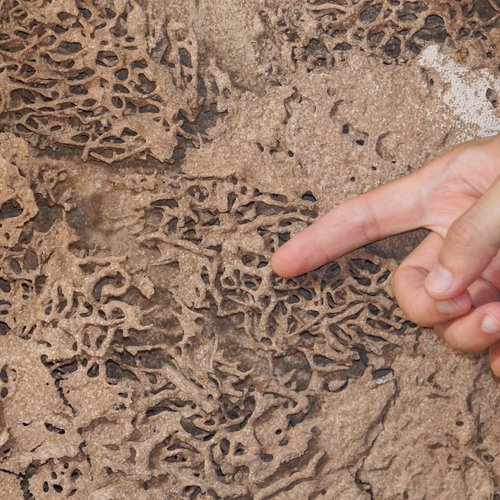Once a contract is signed in a Staten Island or Brooklyn home purchase, many buyers think the hard part is over. It is not. The escrow period between contract and closing is where deals slow down, fall apart or get delayed. Knowing how escrow actually works gives you control over the process instead of getting blindsided.
What Escrow Is After Contract
In NYC real estate, escrow refers to the holding of the buyer’s deposit in an attorney or title company escrow account. This account remains untouched until the conditions of the contract are satisfied. During this phase, several checks must line up before anyone moves to closing.
What Actually Gets Reviewed During Escrow
Title search and clearance, including liens, violations, open permits and judgments.
Mortgage underwriting, where your lender verifies assets, income, credit and the property itself.
Appraisal, which must support the loan amount.
CO or use verification, which is critical for older homes with additions or conversions.
Survey review, especially in neighborhoods with tight lot lines.
If any of these hit a snag, escrow goes into a holding pattern.
Why Escrow Stalls Deals in NYC
Title issues on older Staten Island and Brooklyn homes can take weeks to resolve.
Slow underwriting, especially if buyer documents are incomplete.
Low appraisals, which trigger renegotiation or additional verification.
Missing CO updates, common with older extensions or basement conversions.
Seller side delays, such as unfinished repairs or missing paperwork.
Escrow is not a passive period. It is an active, paperwork heavy phase that requires coordination. When I guide clients in 103xx and 11209, 11214 and 11228, I monitor title status, appraisal timing and lender movement to keep deals from stalling.
—
Joseph Ranola | Five-Star Staten Island & South Brooklyn Realtor® (30 + Google reviews)
Associate Broker · Matias Real Estate | Founder · Bridge & Boro Team
Serving 103xx and 11209 / 11214 / 11228 | $25 M + closed volume
📞 917-716-1496 | ranolarealestate.com





